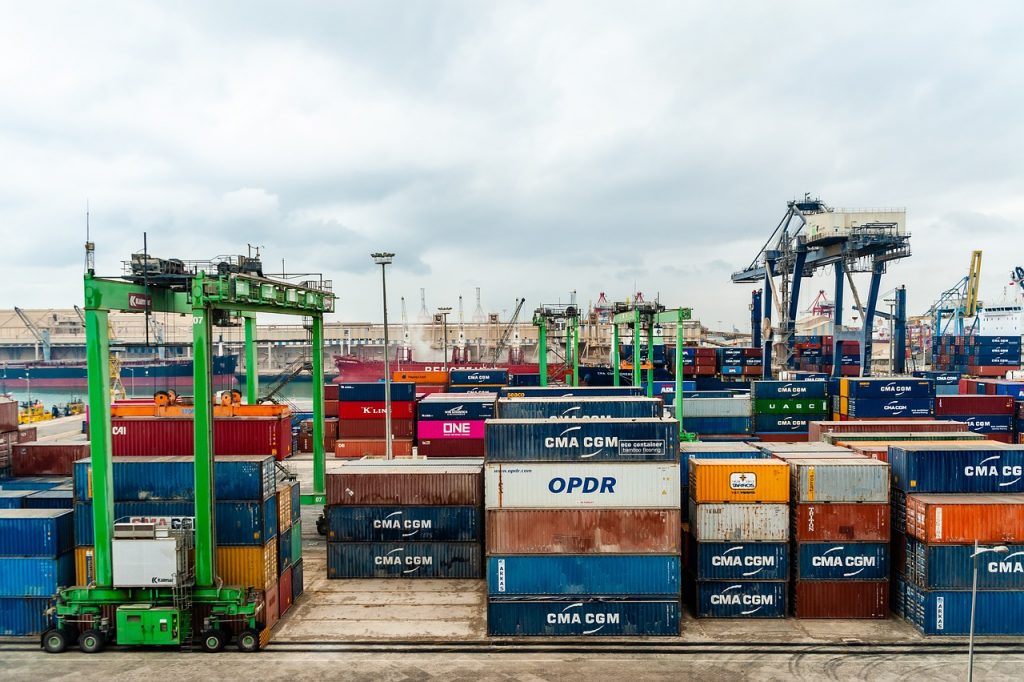The Biden administration has approved a “temporary and targeted” Jones Act waiver to boost fuel supplies to hurricane-battered Puerto Rico. But supporters of the law argue the waiver is unnecessary and could disrupt recovery operations on the island.
“In response to urgent and immediate needs of the Puerto Rican people in the aftermath of Hurricane Fiona, I have approved a temporary and targeted Jones Act waiver to ensure that the people of Puerto Rico have sufficient diesel to run generators needed for electricity and the functioning critical facilities as they recover from Hurricane Fiona,” said Department of Homeland Security Secretary Alejandro Mayorkas in a prepared statement on Wednesday.
The Jones Act requires that cargo transported between U.S. ports be delivered on U.S.-flagged vessels. DHS can approve a temporary waiver allowing foreign vessels to step in when U.S.-flagged vessels are not available and the cargo deliveries are determined to be in the interest of national defense.
Mayorkas said justification for the waiver was made after consulting with the Departments of Transportation, Energy and Defense and based on input from the governor of Puerto Rico and “others on the ground supporting recovery efforts.” Fiona ripped through Puerto Rico Sept. 18-20, initially leaving the entire island without power.
The American Maritime Partnership (AMP), however, whose members include U.S.-flag vessel owners and operators, shipbuilders, and repair yards, has opposed granting such a waiver.
“American Maritime has been meeting and exceeding the needs of Puerto Rican residents in the wake of Hurricane Fiona and there continues to be absolutely no justification for a waiver of the Jones Act, as the U.S. Coast Guard, FEMA, the Corps of Engineers, and the U.S. Department of Energy all have made clear that the supply of fuel to the Island is not an issue,” said AMP President Ku’uhaku Park in a statement on Wednesday.
AMP contended that DHS has been under pressure to approve the waiver due to reports that the foreign-flagged BP oil/chemical tanker GH Parks, which originated in Texas City, Texas, has been anchored off Puerto Rico’s coast unable to enter port due to Jones Act restrictions. However, the vessel reportedly did not initially intend to deliver diesel to Puerto Rico when it left Texas City.
“This stunt by a foreign oil company showing up unannounced in Puerto Rico while on its way overseas hoping to sell its fuel at a premium to Puerto Ricans in need, and thereby triggering a public and political rush to judgment, is bad precedent, a circumvention of U.S. law, and should never be tolerated,” Park said.
The waiver comes five years after a Jones Act waiver was granted to Puerto Rico following Hurricane Maria in September 2017. AMP, which opposed the 2017 waiver, stated that similar conditions currently exist, making a waiver unnecessary.
“Like in the aftermath of Hurricane Maria, any delay in receiving needed cargoes due to Hurricane Fiona are not because the goods are not getting to the ports. Sources in Puerto Rico have confirmed that, while the maritime supply chain is steady, the landside transportation on the island itself has been slower to react.”

